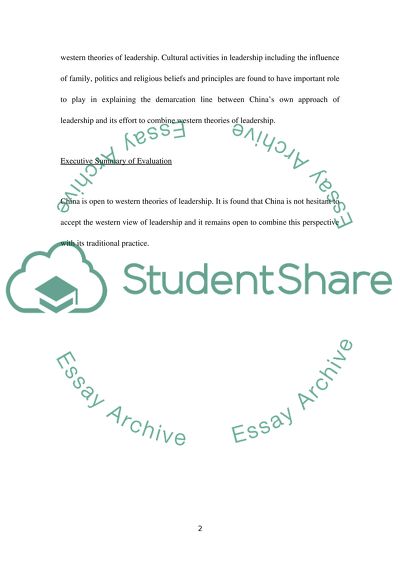Cite this document
(“Applied research project: What does it mean to be a leader-- Compare Essay”, n.d.)
Retrieved from https://studentshare.org/environmental-studies/1421182-applied-research-project-what-does-it-mean-to-be-a
Retrieved from https://studentshare.org/environmental-studies/1421182-applied-research-project-what-does-it-mean-to-be-a
(Applied Research Project: What Does It Mean to Be a Leader-- Compare Essay)
https://studentshare.org/environmental-studies/1421182-applied-research-project-what-does-it-mean-to-be-a.
https://studentshare.org/environmental-studies/1421182-applied-research-project-what-does-it-mean-to-be-a.
“Applied Research Project: What Does It Mean to Be a Leader-- Compare Essay”, n.d. https://studentshare.org/environmental-studies/1421182-applied-research-project-what-does-it-mean-to-be-a.


